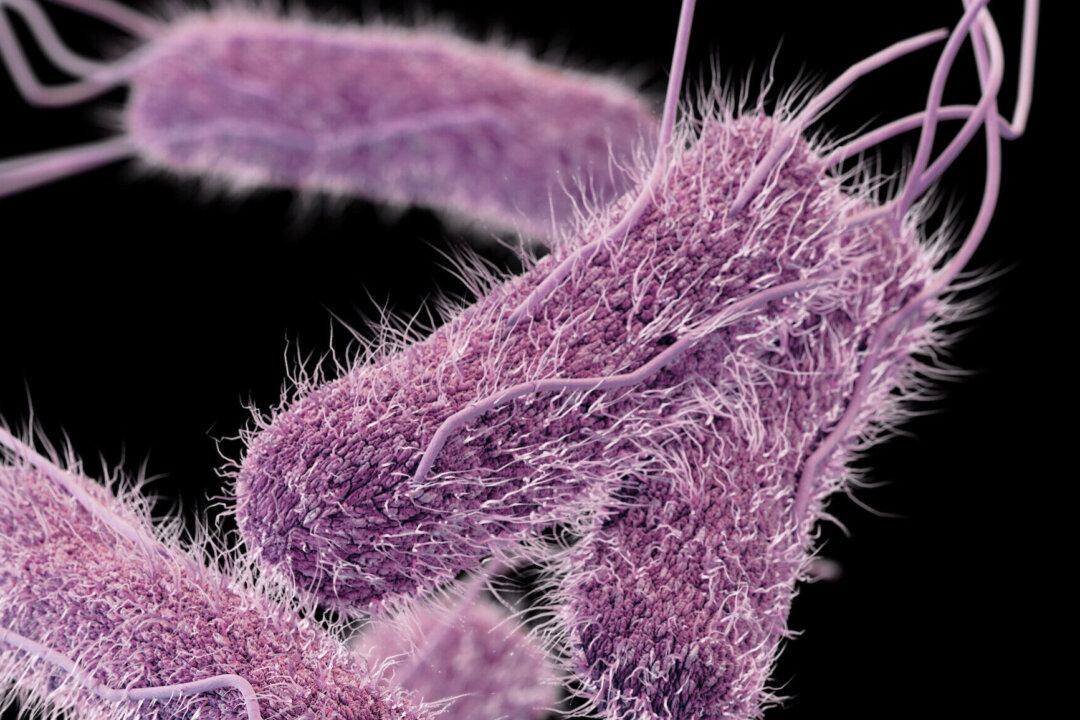Investigators for the Centers for Disease Control and Prevention (CDC) found that Gold Medal Flour, manufactured by General Mills, was the source of a recent salmonella outbreak in several U.S. states.
The salmonella outbreak infected at least 13 people in 12 states between Dec. 6, 2022, and March 1, 2023, the CDC announced on May 1.





